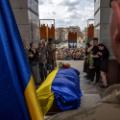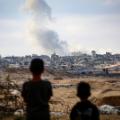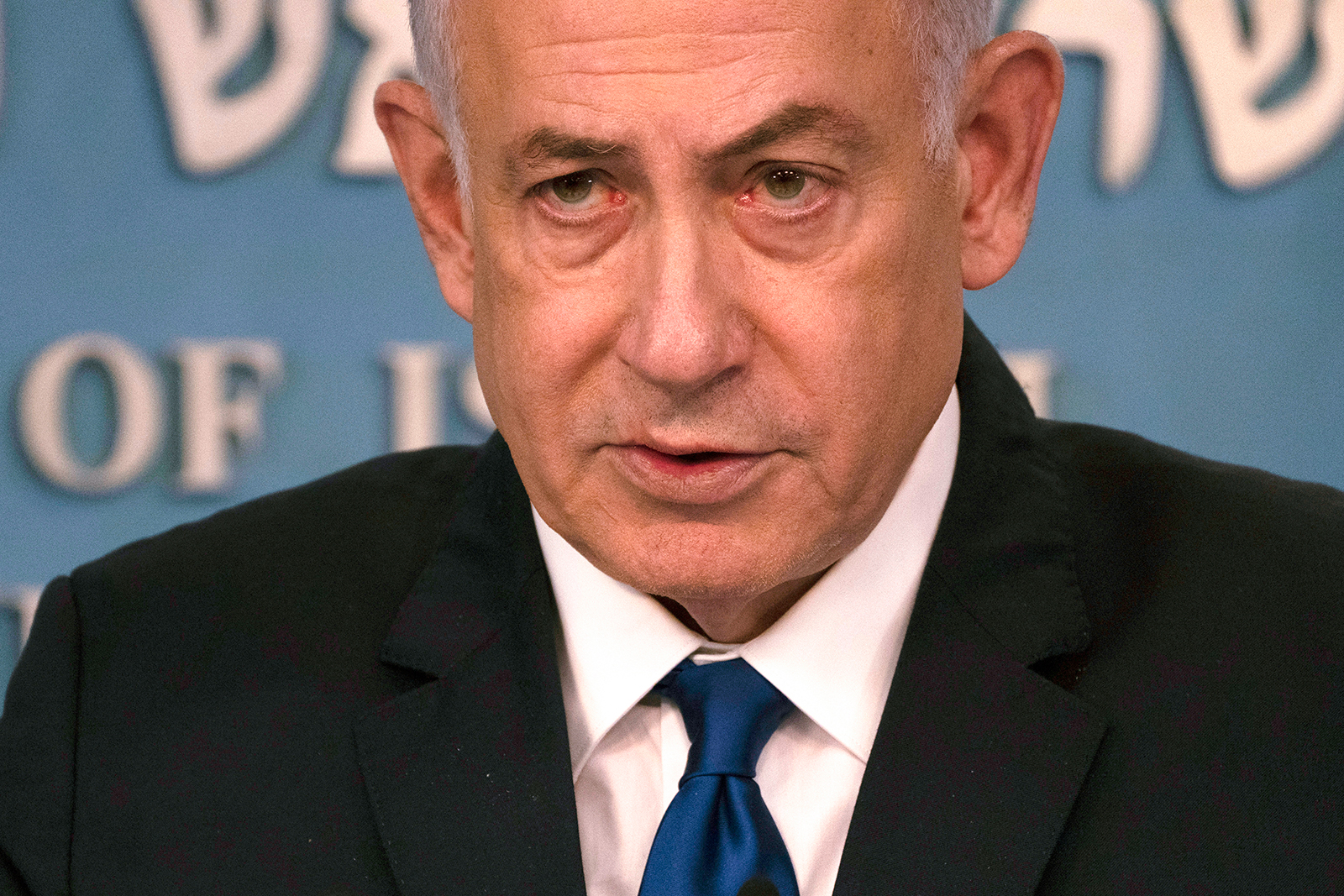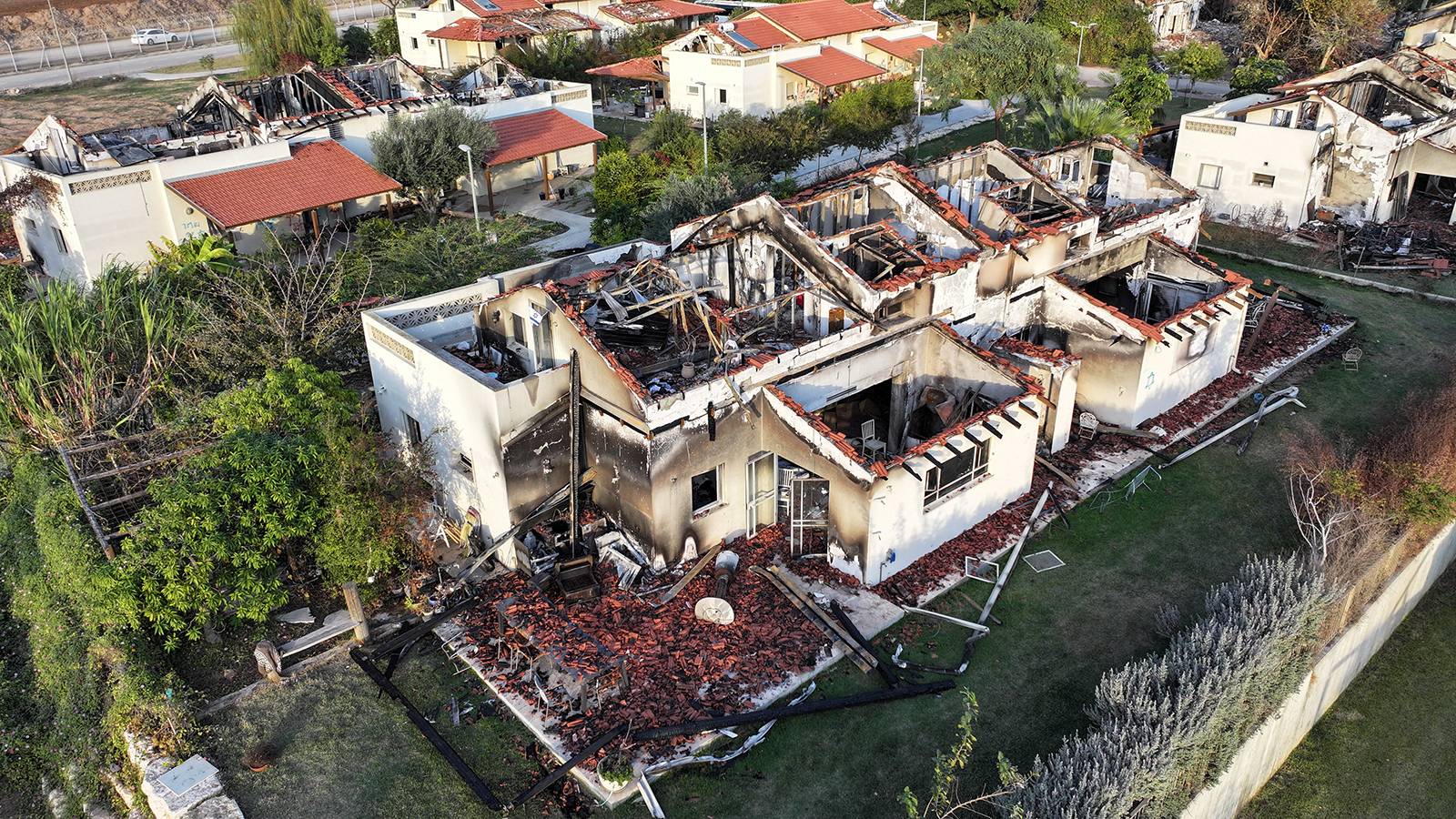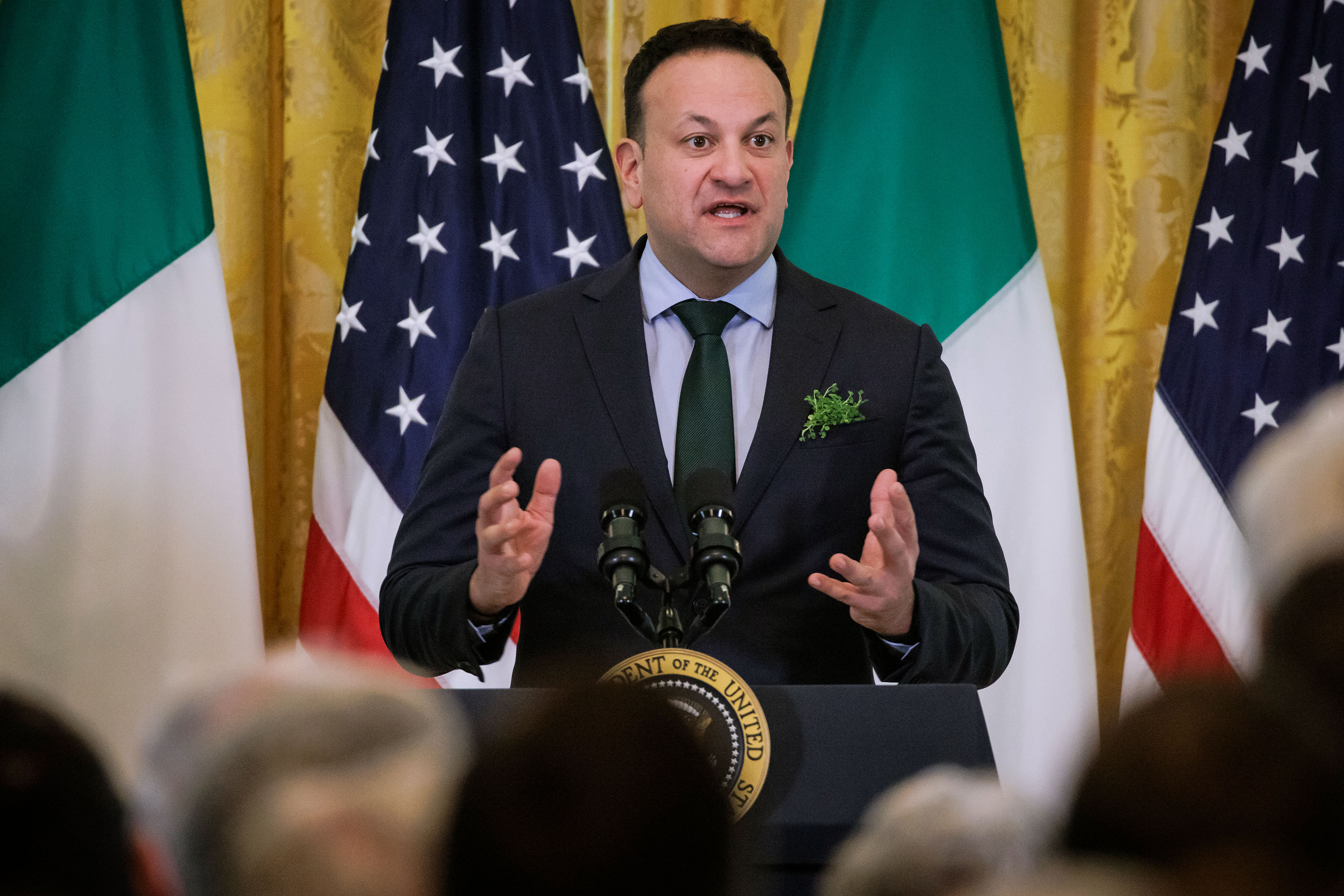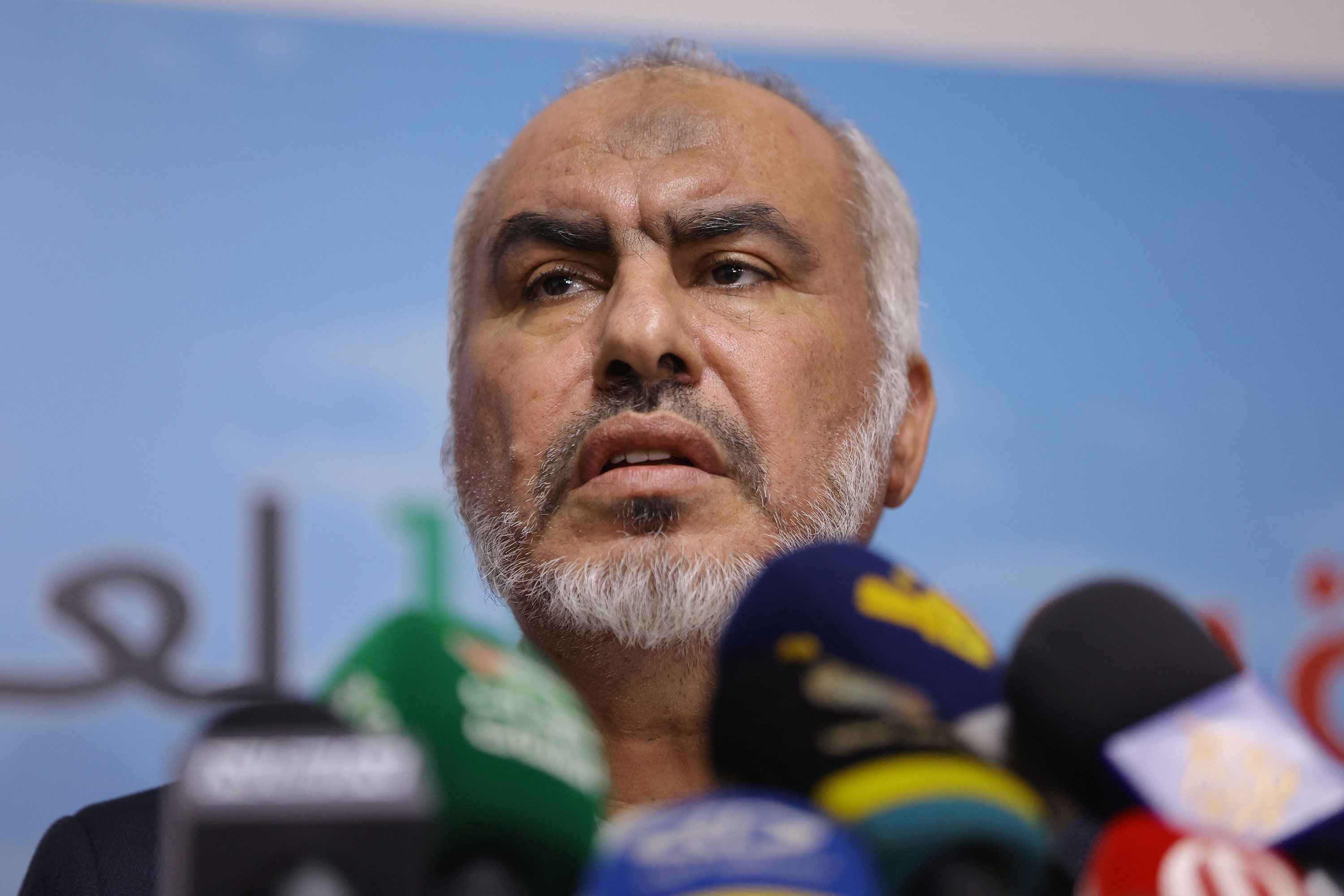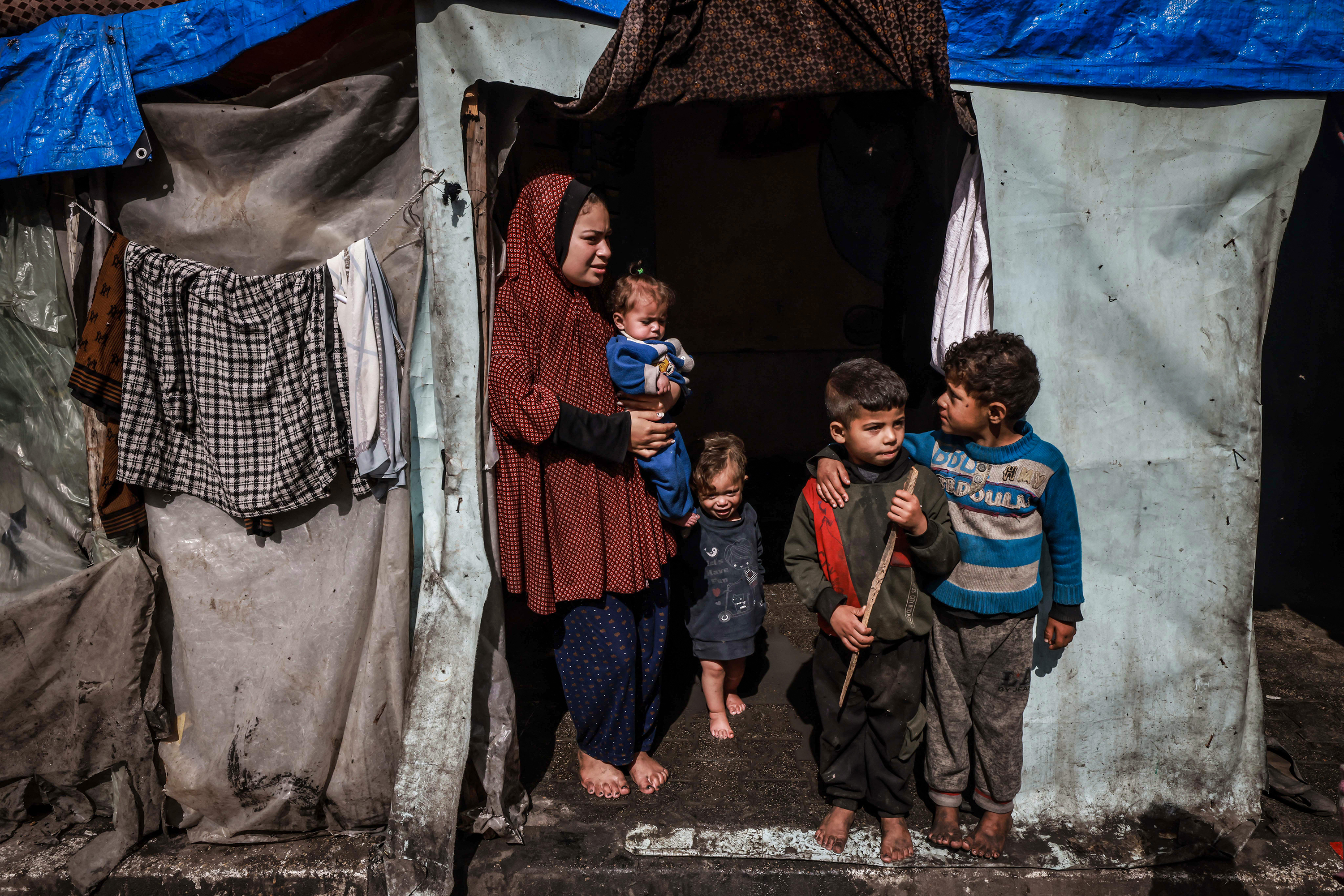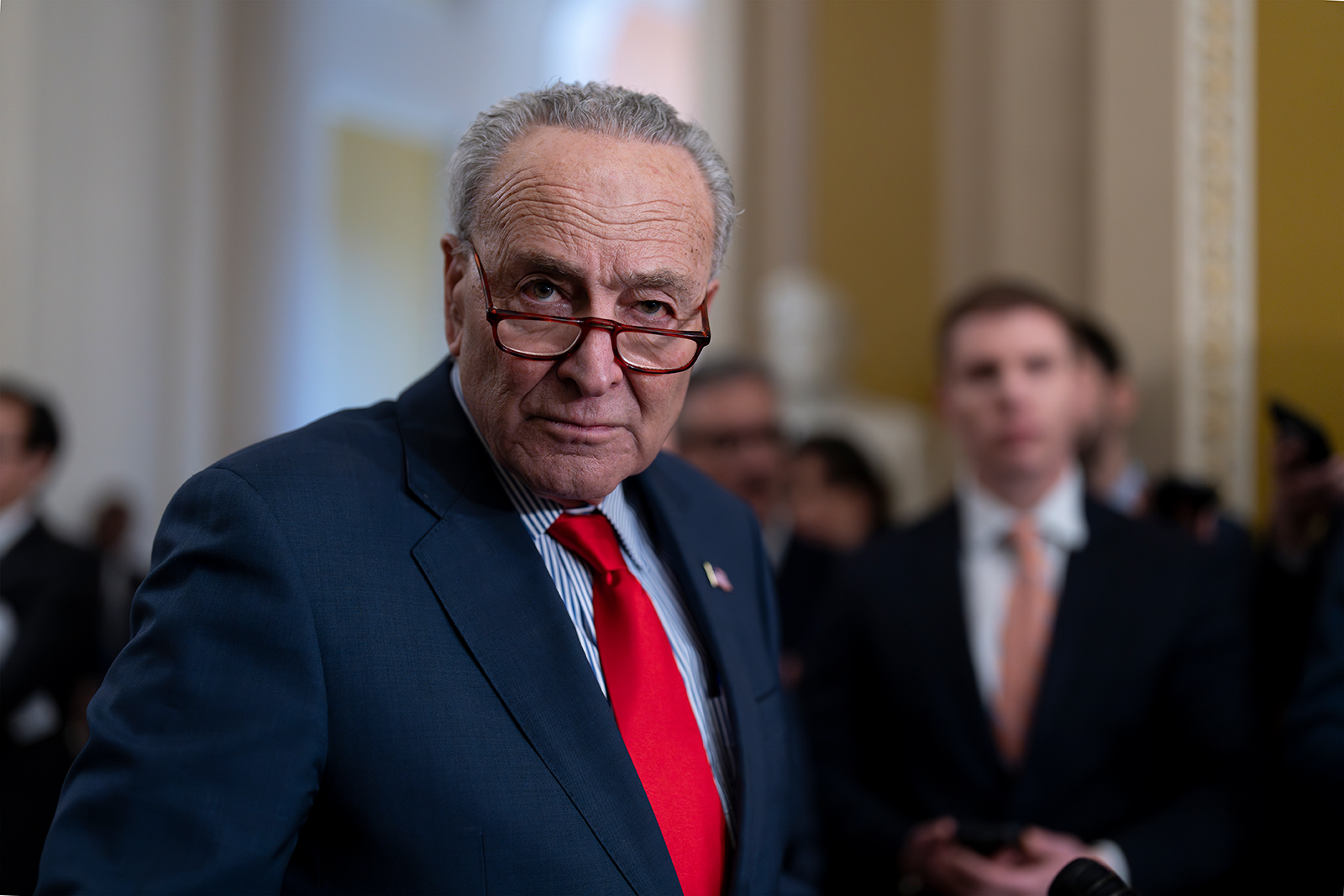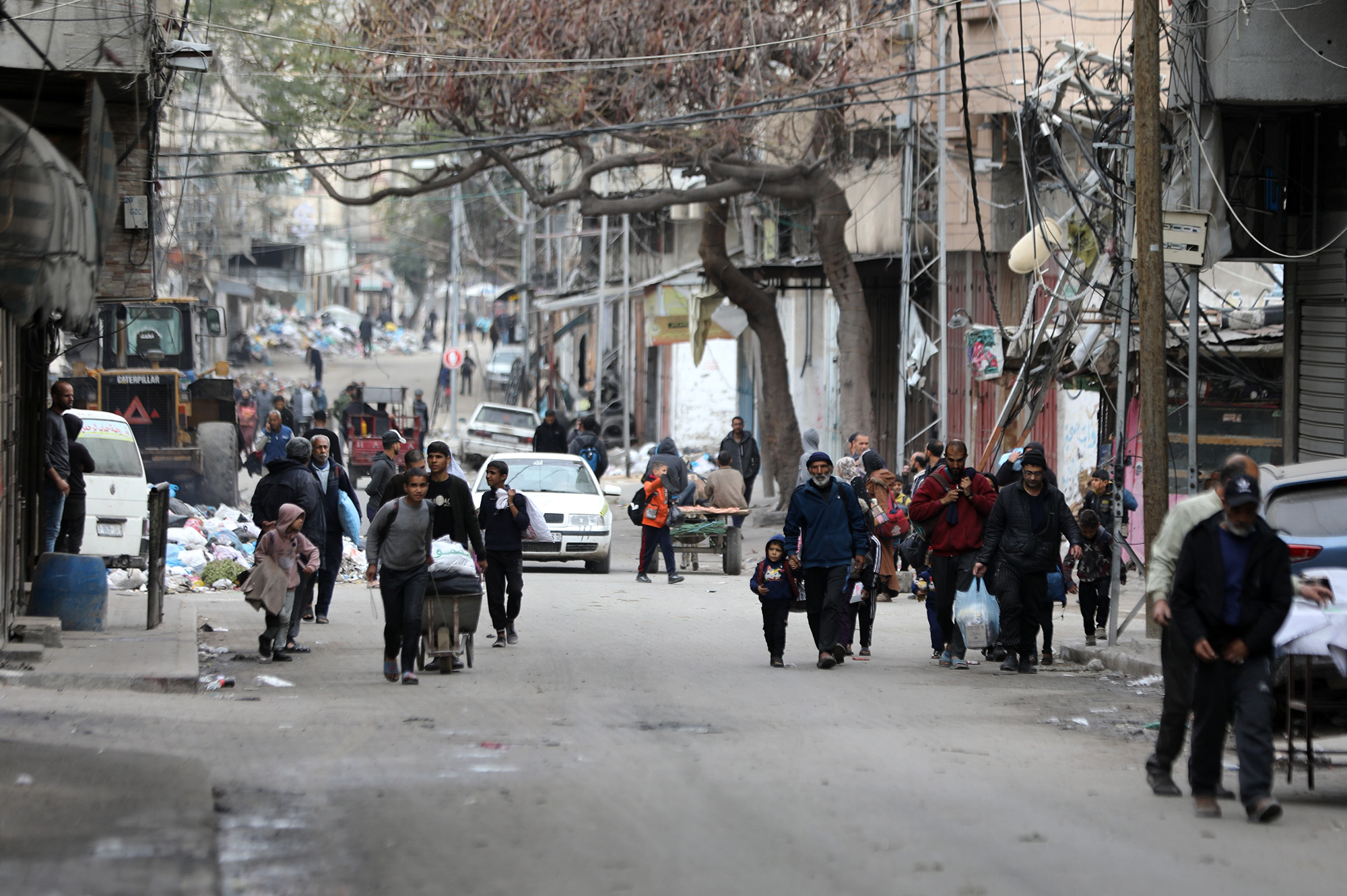
The Israeli military has ordered all people near the Al-Shifa Medical Complex in Gaza City’s Al-Rimal neighborhood to evacuate southwards.
The Israel Defense Forces (IDF) surrounded the medical complex early Monday, where the Palestinian Health Ministry in Gaza said about 3,000 people were sheltering.
A crowded building is on fire at the hospital, a doctor said, and there are multiple casualties, according to the ministry.
The ministry said anyone attempting to leave the hospital “is targeted by sniper bullets and quadcopters."
People in the area are being told to move to the Al-Mawasi "humanitarian zone," said IDF spokesperson Avichay Adraee.
“A call to all those present and displaced in the Al-Rimal neighborhood and in Al-Shifa Hospital and its surroundings: In order to maintain your security, you must immediately evacuate the area to the west and then cross Al-Rashid (Al-Bahr) Street to the south to the humanitarian area in Al-Mawasi,” Adraee said in a post on X.
The IDF said it was carrying out the operation based on intelligence that the hospital was being used by “senior Hamas terrorists to conduct and promote terrorist activity.”
CNN cannot independently verify this claim.
The Israeli military also raided Al-Shifa, Gaza's largest medical complex, in November. The IDF has frequently targeted Gaza’s hospitals since October 7, accusing Hamas of using medical facilities as a front for its operations — which the group denies.
Correction: An earlier version of this post quoted a Gaza Health Ministry estimate that 30,000 people were sheltering at Al-Shifa. The ministry says it made a typographical error in its estimate and meant to say 3,000.


